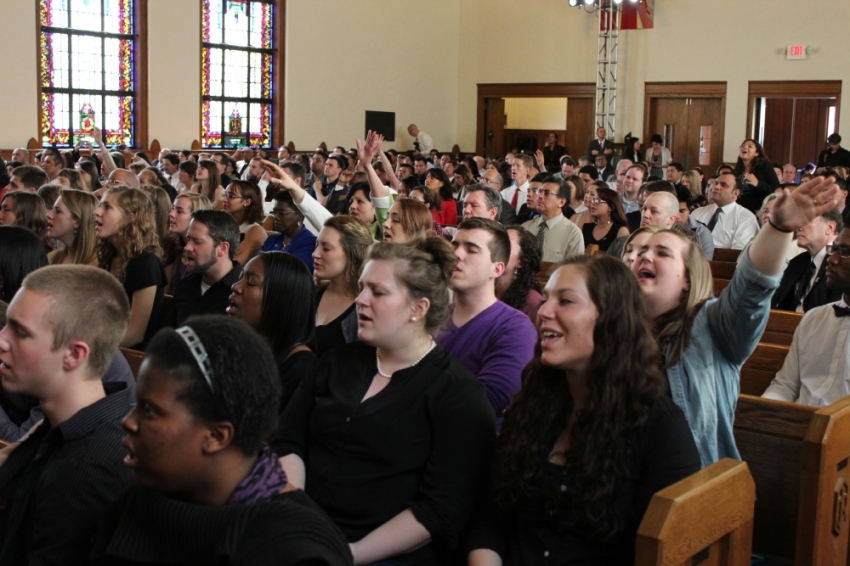Evangelical Group Changes Long-Standing Position on Death Penalty as 66% of Americans Support Capital Punishment

The National Association of Evangelicals has revised its historical position on the death penalty in the United States, admitting that there are various opposing views among its members.
"Evangelical Christians differ in their beliefs about capital punishment, often citing strong biblical and theological reasons either for the just character of the death penalty in extreme cases or for the sacredness of all life, including the lives of those who perpetrate serious crimes and yet have the potential for repentance and reformation. We affirm the conscientious commitment of both streams of Christian ethical thought," read the statement by the NAE Board of Directors, releasing a new resolution on capital punishment.
NAE President Leith Anderson added: "A growing number of Evangelicals call for government resources to be shifted away from the death penalty. Our statement allows for their advocacy and for the advocacy of those of goodwill who support capital punishment in limited circumstances as a valid exercise of the state and as a deterrent to crime."
The resolution recognizes that the government is responsible for administering justice and protecting its citizens, but at the same time noted that all human systems are fallible. It added that despite different views, Evangelicals are united in calling for reform in the criminal justice system.
"Such reform should improve public safety, provide restitution to victims, rehabilitate and restore offenders, and eliminate racial and socio-economic inequities in law enforcement, prosecution and sentencing of defendants," the resolution states.
Heather Beaudoin, the director of Evangelical Outreach for Equal Justice USA and a National Coordinator for Conservatives Concerned About the Death Penalty, said that the resolution illustrates the "growing concerns" among the NAE leadership regarding capital punishment.
"These concerns mirror what I have been hearing when I talk to Christians across the country. More of them are questioning their support for the death penalty as they learn about its mistakes and bias. I am overjoyed that the NAE has taken so much leadership in fostering this dialog."
There have been several controversial executions over the past several years. Back in September, 47-year-old Kelly Renee Gissendaner was put to death by the state of Georgia for her role in a stabbing murder in 1997. The execution was carried out despite loud opposition by the Roman Catholic Church, including pleas by Pope Francis.
"While not wishing to minimize the gravity of the crime for which Ms. Gissendander has been convicted, and while sympathizing with the victims, I nonetheless implore you, in consideration of the reasons that have been expressed to your board, to commute the sentence to one that would better express both justice and mercy," Archbishop Carlo Maria Vigano wrote on the pontiff's behalf.
A Gallup poll from October 2014 found that most Americans continue to support the death penalty. While that support has been decreasing in the past two decades, 66 percent of respondents to the latest survey said that they back capital punishment, while 33 percent said that they opposed it.



























